Key Takeaways
- NFTs are unique digital assets that represent ownership of a file recorded on a blockchain and cannot be easily exchanged like currency.
- NFTs are popular because they are rare, have utility, and can provide passive income to creators through royalties on secondary sales.
- Creating and selling NFTs is simple through platforms like OpenSea, but ownership of an NFT does not automatically grant intellectual property rights.
- NFTs often have communities built around them and can continue generating royalties for the creator's heirs even after their death.
If you ever traded baseball or Pokemon cards or participated in one of those trends where you had to collect stickers or other items, then you are already halfway to knowing what an NFT is. Each of these cards or stickers could be an NFT if transformed into a file and recorded on a blockchain like Ethereum. Then you could say that you own that NFT, however, this doesn’t stop anyone from copying it and the intellectual property rights are something you need to get familiar with.
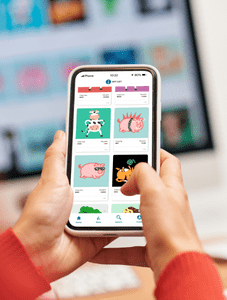
What does non-fungible mean?
NFTs are unique, scarce, irreplaceable, and that is the reason their price can be very high. They’re “one of a kind”. They’re called non-fungible because they can’t be exchanged for something else so easily like you change a dollar with another dollar. Each NFT is a certificate of ownership of a file recorded on a blockchain on a specific time and in a specific block. You can make hundreds of copies of that one NFT, but only that person with the keys to that NFT is in possession of the original. You can have a Mona Lisa replica at home, but everyone knows that the real one resides in Paris. If you try to sell your replica, everyone will ask you for the certificate of authenticity you wouldn’t be able to provide, and you would never get the price of the original piece.
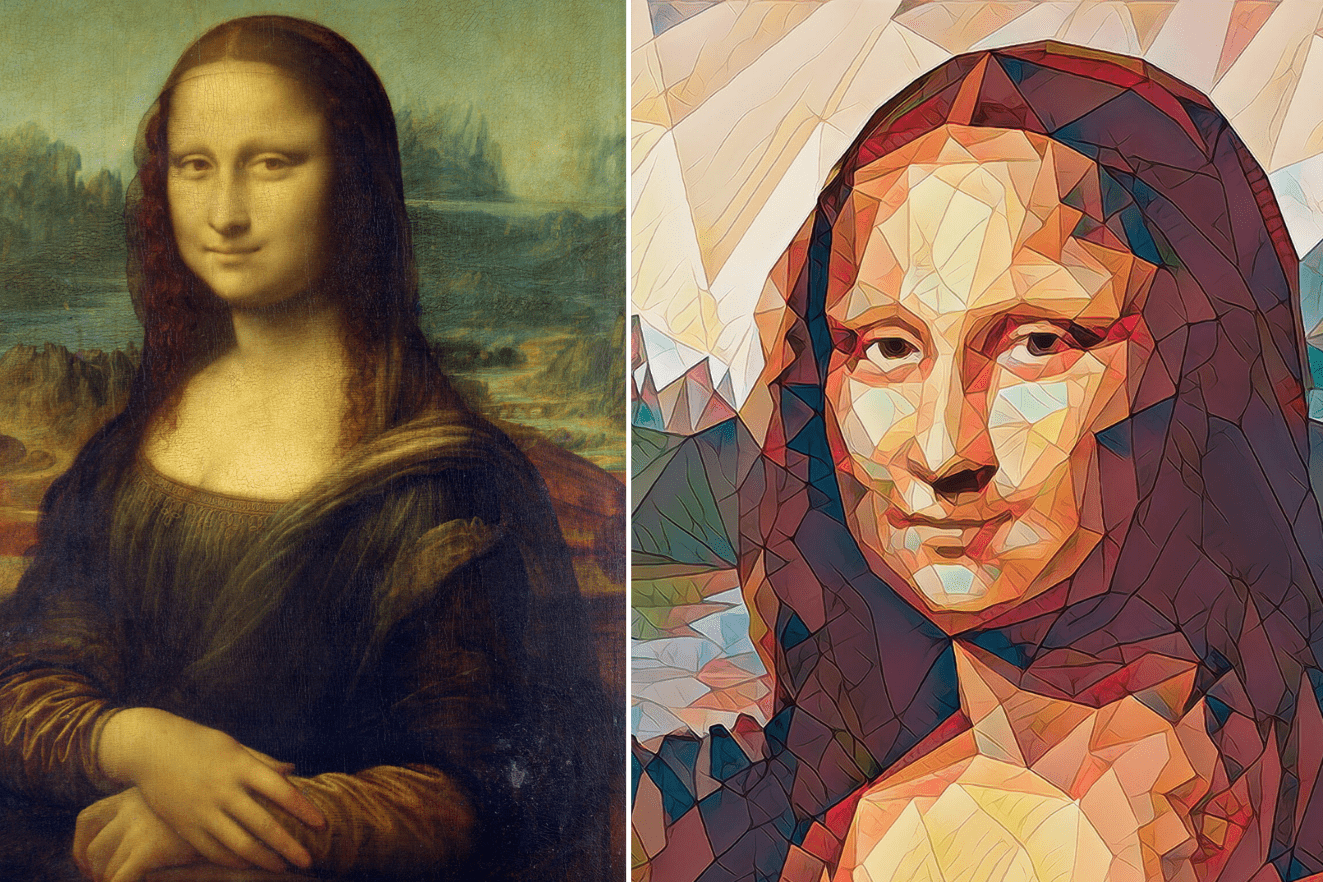
Why are NFTs so popular?
NFTs come in different forms. They can be digital art, they can represent digital identity, membership, game items, virtual real estate, domain names, sport memorabilia, music, VIP access, or they can be financial instruments like bonds or certificates of deposit etc. At the end of 2021, total sales from NFTs arrived to $41 billion, and the data include NFTs created only on Ethereum. If we’d also count sales on other chains like Binance, WAX etc., this number would be much higher. The NFT market is nearing the global fine art market. You can do some research and find upcoming NFT drops for today.
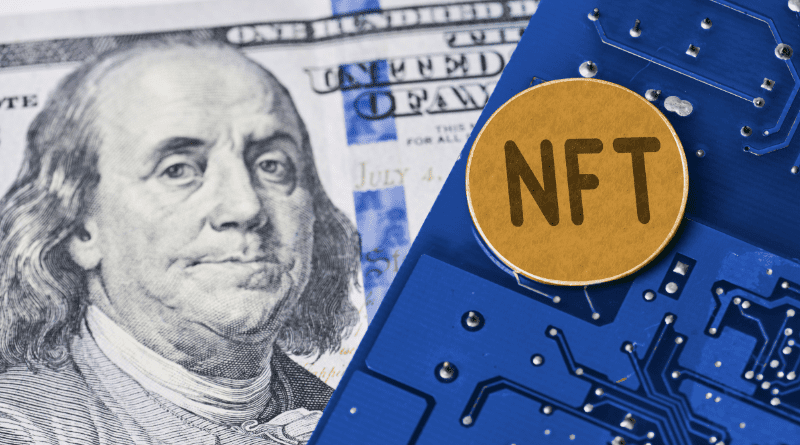
What makes NFTs so appealing is that they’re rare, they often have utility and a smart contract can dispatch royalties to the author every time the NFT is sold. This is awesome for someone who’s been always creating digital art and could not rely on royalties up until now. Selling your art and earning passive income every time it is traded is a great propellant for the NFT industry. Creators can get on from 1% to 15% or more of the secondary sales and generate a lifelong income and longer. Everything is recorded on the blockchain so the creator address and all transactions history of a particular NFT is visible to anyone and can’t get altered.
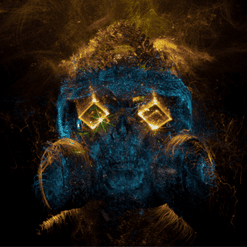
After your death, your children could continue receiving royalties from NFTs you created. NFTs often have communities built around them. The members use NFTs from the same collection as their avatars on social media and do the cheerleading increasing token value. In the crypto space a community is an important factor in predicting product success because it drives demand.
How do NFTs work?
Creating and selling NFTs is quite simple. Platforms like OpenSea let you mint it in a few steps. Connecting a wallet like Metamask, uploading a file and recording it on the blockchain (tokenizing) is all that is needed. Before minting your NFT, you choose how to sell it. You can sell it for a fixed price, use time auctions with a deadline or unlimited auctions that can be ended by you at any convenient time.
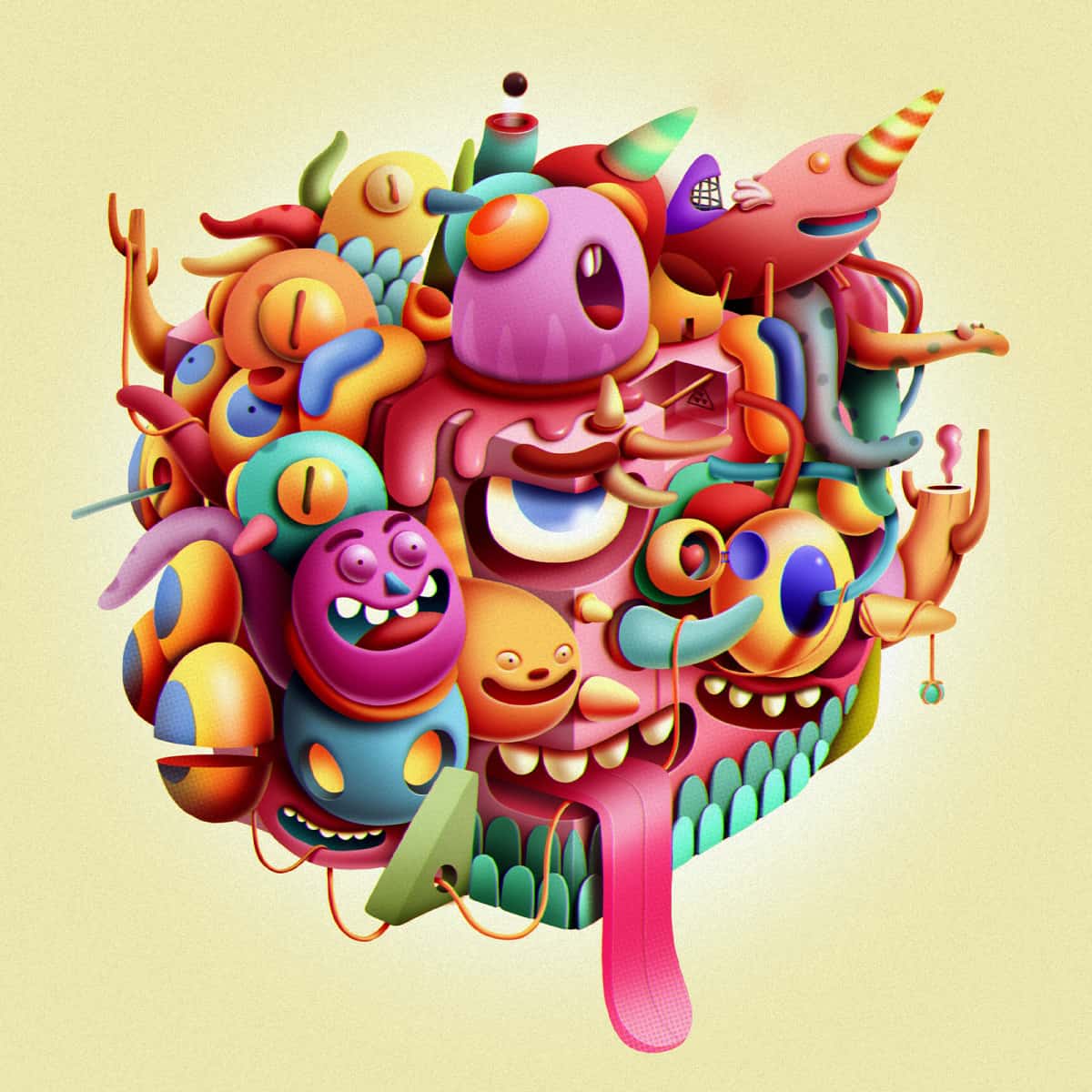
From the buyer perspective, once a transaction is approved it’s an agreement to become the owner of that NFT’s address. The NFT is then sent to your wallet.
Although owning the keys to an NFT means the ownership of that asset, it doesn’t automatically give you intellectual property rights. If you make an NFT out of a Justin Bieber song, it doesn’t mean that it is legal. He still possesses the intellectual property rights. Make sure to read any terms of service when acquiring on a platform.
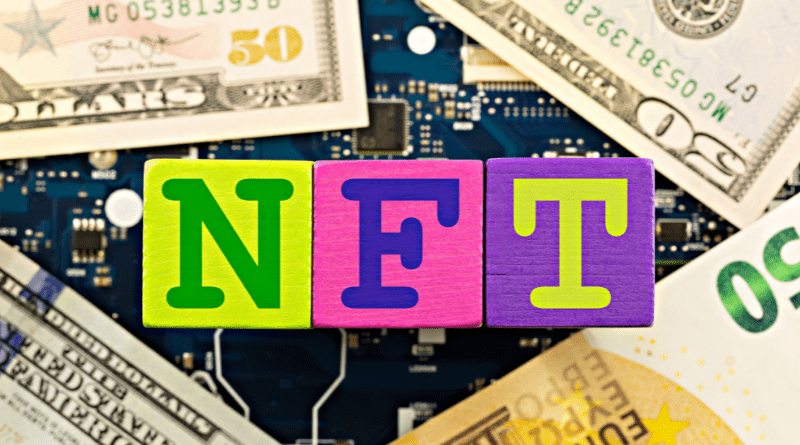
Marketplacefairness.org provides all its content for informational purposes only, and this should not be taken as financial advice to buy, trade or sell cryptocurrency or use any specific exchange. Please do not use this website as investment advice, financial advice or legal advice, and each individual's needs may vary from that of the author. This post includes affiliate links with our partners who may compensate us.
To view our privacy policy read it here.

